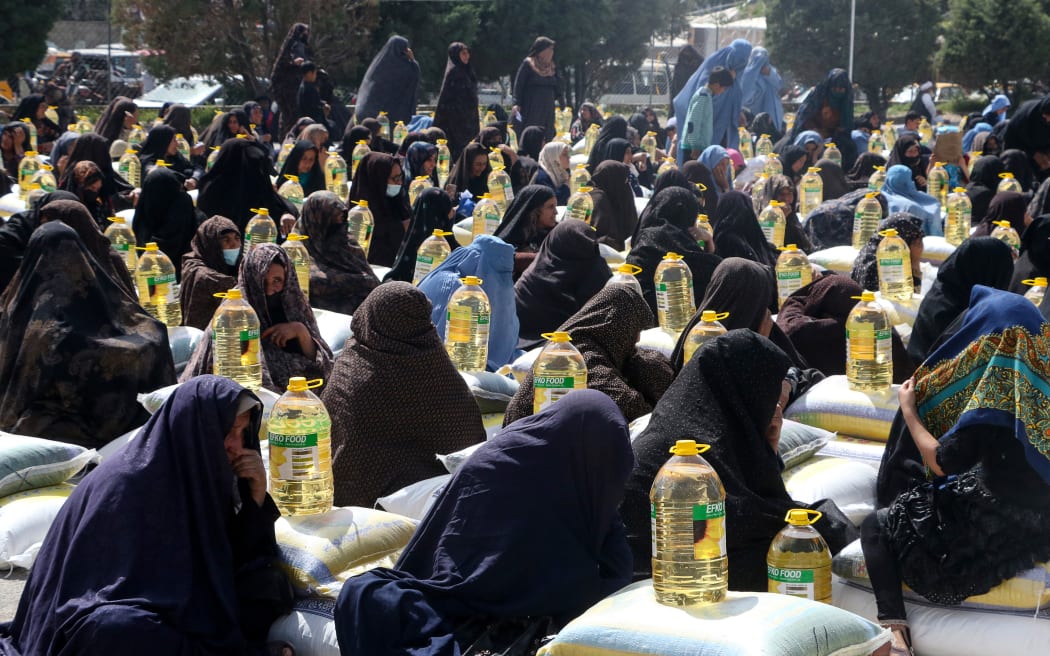Taliban: Restriction on Afghan Women Working for UN Is “An Internal Problem”
The Taliban government in Afghanistan said on Wednesday that a prohibition on Afghan women working for the UN was an internal matter and that it “should be respected by all sides.”
After extending to the UN a prohibition on Afghan women working for NGOs enacted in December, Taliban authorities earlier this month sparked anger on a global scale.
In a statement released on Wednesday, Taliban government spokesman Zabihullah Mujahid stated that “The Islamic Emirate does not intend to create barriers for the United Nations.”
Instead, it wants to be understood that this is an Afghan internal matter that doesn’t affect anyone and should be respected by all parties.
Under their austere interpretation of Islam, Taliban authorities have imposed a slew of restrictions on Afghan women since seizing power in 2021, including banning them from higher education and many government jobs.
The UN claimed on Tuesday that the embargo was forcing it to decide whether to continue operations in Afghanistan, which was a “appalling option.” The multinational organization stated that it cannot abide by the restriction since it is “illegal under international law, including the UN Charter.” Nonetheless, Mujahid insisted that there was no “discrimination” in the choice. On the contrary, we are devoted to upholding all of our people’s rights while taking into account their religious and cultural interests.
The Taliban’s first government, which reigned from 1996 to 2001, was accused by the UN of repeatedly violating human rights, particularly those of children and women. The increasing restrictions on women are reminiscent of those during that time.
The UN has directed all of its Afghan employees, both men and women, not to report to work until further notice after the ban was issued.
Taliban leaders cited “severe complaints” that women were not adhering to their interpretation of Islamic clothing norms as justification for the December ban.
In response, a number of NGOs shut down their operations there, adding to the suffering of Afghanistan’s population, half of whom, according to humanitarian organizations, are hungry.
Afghans, according to Mujahid, have the “ability to stand on their own feet,” but sanctions and limitations on the financial and banking sector are to blame for the nation’s troubles.
The United States seized assets belonging to the Afghan national bank worth about $7 billion not long after the Taliban took control.
“It is necessary that the member countries of the United Nations resolve the problem of freezing Afghan assets, banking, travel bans and other restrictions so that Afghanistan can progress in the economic, political and security areas,” Mujahid said.
AFP


